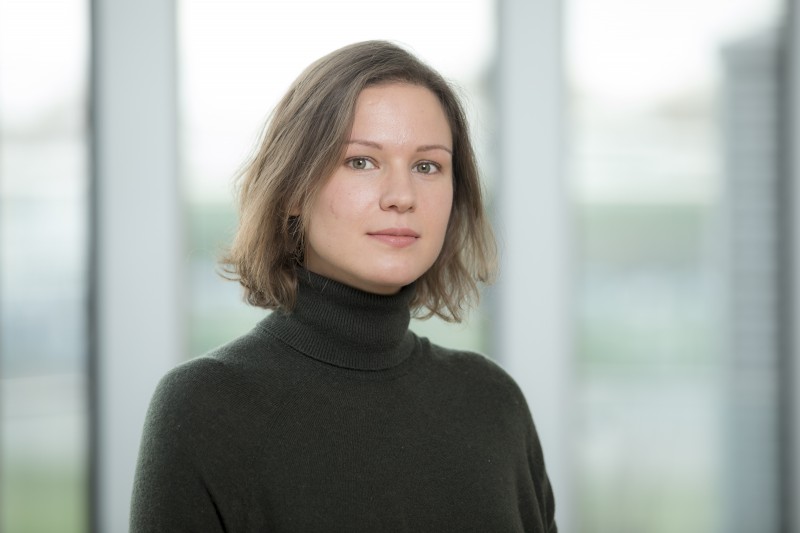We are extremely proud of all our colleagues who are contributing to the COVID-19 emergency response. We want to celebrate them by highlighting their contributions over the next few weeks in this mini-series of ‘LMS Emergency Response to COVID-19’. Today we want to introduce you to one of our post-docs; Gosia Borkowska, who is helping with COVID-19 testing.

What is your current role within the COVID-19 response?
My role in the COVID19 response is testing samples collected by health services from across the UK at one of the National Testing Centres. This requires handling of patient samples, extracting the viral genetic material from them and preparing them for the quantitative polymerase chain reaction (qPCR) that will ultimately tell you if the sample is from an infected individual or not. On paper, it sounds like a standard day in the lab. However, working under very stringent standard operating procedures, handling actual patient samples, not to mention working with a live virus in a Category 2 Plus laboratory, with a fair amount of automation is quite new to me.
The days I am helping out are long ones, as the centre is optimised and ready to test samples 24/7. Saying that, my shifts are designed in a way that maximises the efficiency of testing without exhausting the scientists that perform them. This means I get half a week to continue working from home, attend our weekly group meetings and volunteer with local initiatives (Oxford Together and the local council) that helps out members of the community most affected by the current situation.
How do you envision that this will help in the fight against COVID-19?
Hopefully with serological tests being developed at many institutions across the country we would eventually be able to screen everyone for the disease much faster, with minimal error and with the additional information if you already have had the disease. However, for the time being the qPCR method is the most reliable (if not as fast as a pin prick) test for COVID19. For the Government to make informed decisions on how to move forward and tackle this crisis, testing not only those who are displaying symptoms, but also potentially as many mildly affected or asymptomatic members of the society as one can is crucial. On a note closer to home, extensive testing would also alleviate the unease that most probably all of us feel about the SARS-CoV-2 infection, as we all would be able to act based on an actual result rather than a speculation.
What is you research at the LMS about?
As a member of the Germline and Pluripotency Group at the LMS, I am investigating how pluripotency is regulated in mouse embryonic stem cells (in vitro) and in primordial germ cells, the future sperm and oocytes (in vivo).
